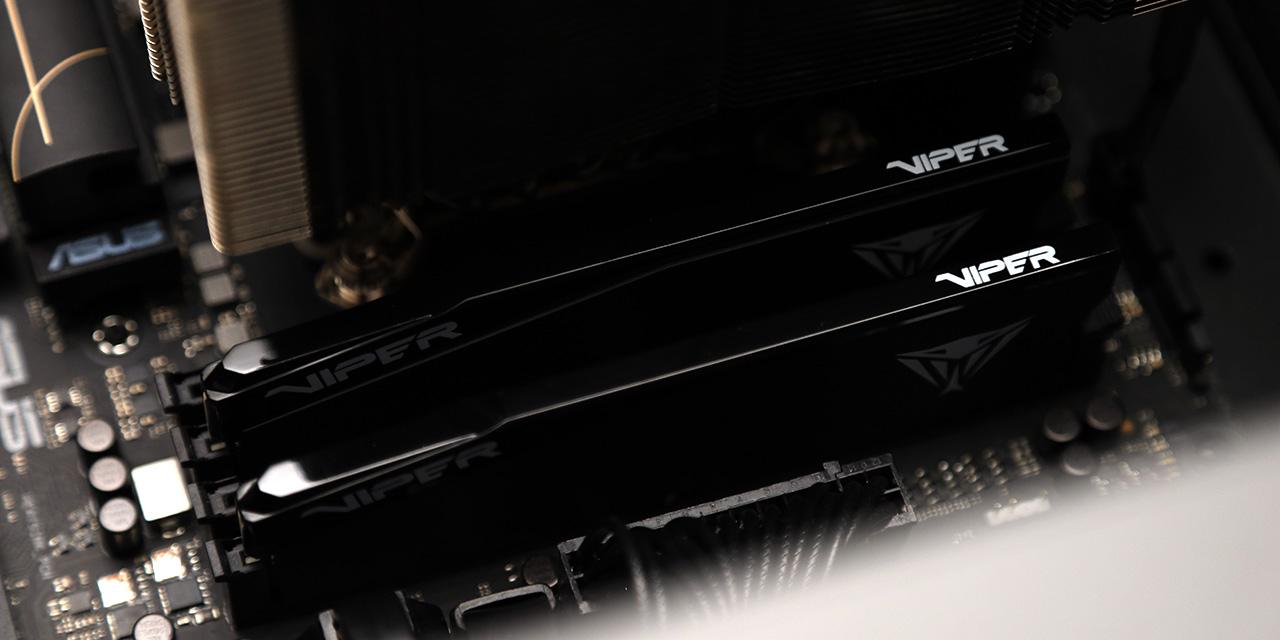|
From X-bit Labs: Intel Corp. on Thursday said it began investigating an issue with its SSDs after users reported that they had experienced problems with Intel 320-series solid-state drives that lead to failures of the devices. The company presently does not have any solutions to the problem. In certain situations, mainly after the PC losses power or fails due to other reasons, capacity of SSDs lowers 8MB, 6MB or other inappropriate number. Some end-users manage to restore capacities of their solid-state drives, but the data naturally gets lost inevitably. The problem exists on systems running Microsoft Windows or Apple MacOS, therefore, it is likely that the problem is related to hardware or firmware of the drives themselves. "Intel is aware of the customer sightings on Intel SSD 320-series. If you experience any issue with your Intel SSD, please contact your Intel representative or Intel customer support (via web or phone). We will provide an update when we have more information," said Alan Frosty, a spokesman for Intel's NVM solutions group in a special forum thread at Intel.com. It is ironic that Intel earlier this year decided to provide extended 5 years-limited warranty onto the 320-series SSDs. Available in 40GB, 80GB, 120GB, 160GB, 300GB and 600GB versions, Intel SSD 320-series offers sequential write speeds up to 220MB/s, sequential read throughput at up to 270MB/s and produces up to 39 500 input/output operations per second (IOPS) random reads and 23 000 IOPS random writes on its highest-capacity drives. The SSDs are based on Intel's own proprietary firmware and controller. Intel uses spare area to deploy added redundancies that will help keep user data protected, even in the event of a power loss. The SSDs also include 128-bit Advanced Encryption Standard capabilities on every drive, to help protect personal data in the event of theft or loss. The Intel 320-series SSDs use Serial ATA-300 interface and 25nm NAND flash memory. View: Article @ Source Site |
 |
Intel 320-Series Solid-State Drives Can Fail - Reports
© Since 2005 APH Networks Inc. All trademarks mentioned are the property of their respective owners.





